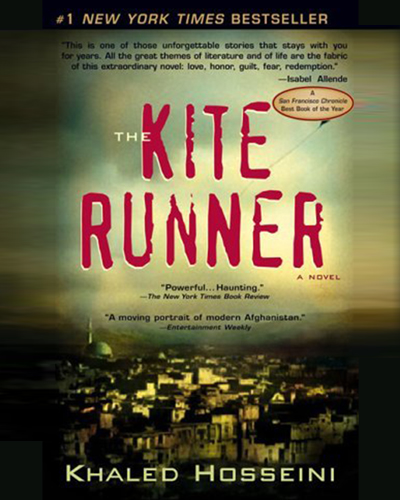
| Language | From $0.00 |
| Release Date | January 1, 2003 |
| Genre | Fiction |
| Author | Khaled Hosseini |
| File Size | Riverhead Books |
| Rating | (4.33) |
The Kite Runner is set in Afghanistan and the United States, spanning from the 1970s to early 2000s. The story follows the life of Amir, a privileged Afghan boy, and his complicated relationship with his childhood friend and servant, Hassan.
The Kite Runner offers a unique insight into Afghan culture and history, especially for Western readers. The book’s success has helped to raise awareness and understanding of the hardships faced by the Afghan people.
The Kite Runner has received widespread acclaim from critics and readers, becoming an international bestseller. It has been translated into over 40 languages and has sold millions of copies worldwide.
The Kite Runner has been adapted into a successful film (2007) and stage production (2013).
Hosseini’s writing is evocative and poetic, creating vivid imagery and emotional depth. He uses a mix of English and Afghan phrases, adding authenticity to the story.
The Kite Runner is written in the first person from Amir’s perspective, allowing the reader to experience his thoughts and emotions. The story is told through a mix of flashbacks and present-day events.
Amir undergoes significant growth throughout the novel, as he struggles with guilt, self-discovery, and ultimately, redemption.
The supporting characters in The Kite Runner are well-developed and play important roles in Amir’s journey. Each character contributes to the story’s themes and emotional impact.
Kites are a recurring symbol in the novel, representing both freedom and the innocence of childhood.
Redemption and forgiveness are central themes in the story, as Amir seeks to atone for his past actions and find peace.
The Kite Runner is an emotionally powerful novel that will leave a lasting impression on readers. The story is both heart-wrenching and inspiring, with moments of intense sadness and profound hope.
The Kite Runner teaches important lessons about the power of friendship, the consequences of our actions, and the possibility of redemption.
The Kite Runner is a must-read for anyone interested in learning about Afghan culture, history, and the human experience. It is suitable for mature readers due to its intense themes and graphic content.
The Kite Runner is a powerful and unforgettable novel that explores the complexities of friendship, betrayal, and redemption. Its impact on readers and its cultural significance make it a truly important work of literature.